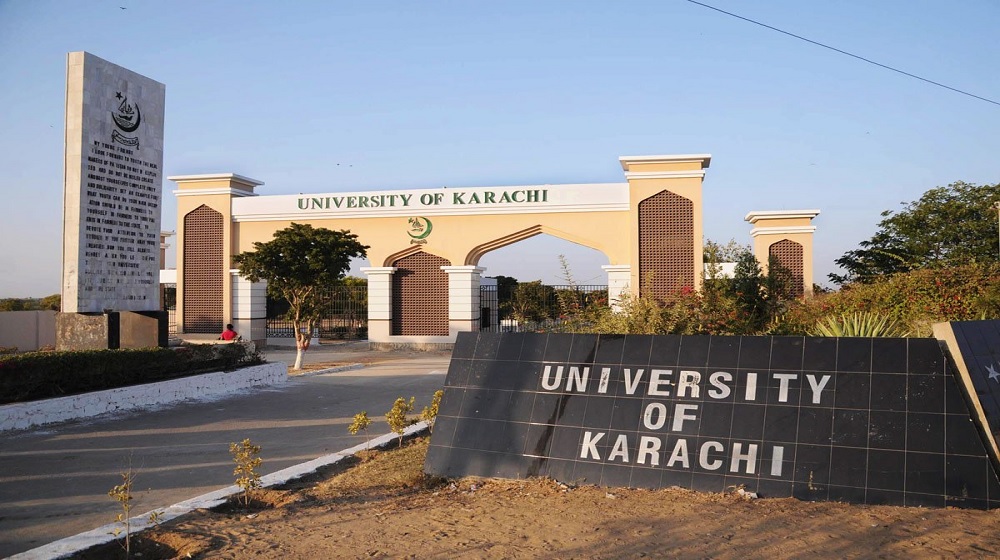Islamabad, Nov 10: Pharmacy Department students at the University of Karachi (KU) have fabricated the ‘smallest rechargeable nebulizer’ in the world in a bid to provide treatments of respiratory diseases reasonably priced, smaller and environmentally friendly.
This little nebulizer, which is only slightly wider than an inch, makes it ideal for those with respiratory conditions
And allows it to be carried to work, back and forth between home and work, or on vacation.
The developers of the site – who are final year pharmacy students at the Karachi University – said that respiratory diseases like asthma are common during winter since the environment is often polluted.
As per them, the tiny device can be employed as a potent and portable substitute for standard nebulizers for as much as 35 minutes in each recharge cycle.
Karachi University
The mini nebulizer that comes with microUSB or Type-C charging port is noiseless, which makes it compatible with any environment.
Compared to the ordinary nebulizers which are large in size, loud and require power supply,
this equipment is battery powered and wireless.
Abdul Rehman, the team lead of student developers, said that unlike expensive nebulizers
which costs between Rs8,000 to Rs10,000 on the market, its design is more cost effective, under Rs2,000.
Curiously, it is an environmentally friendly gadget since the casing is made from the bio-plastic material.
This makes it not only a health saving device but also a sustainable one.
Nebulizers are particularly important for children and old people because they are weaker immune to respiratory infections.
As stated by Abdul Rehman itself, the new nebulizer is easy to use because it is more portable.
it can, therefore, be recommended for children as well as adults including in school settings, in offices, and at home rather than using the traditional nebulizers.
The students named Abdul Rehman Siddiqui, Taha Ishaque, Syed Wali-Ud-Din and Syeda Arshia Maruf, Zohaib Salman, Maheem Zaidi,
Parihan Khan and Tooba Saleem stated that their project proved that Pakistani students are capable of providing a useful input in Sc&T.
They called upon both the schools and the government to fund and patronize such creations
which could enhance healthcare interventions in Pakistan and other parts of the world.
